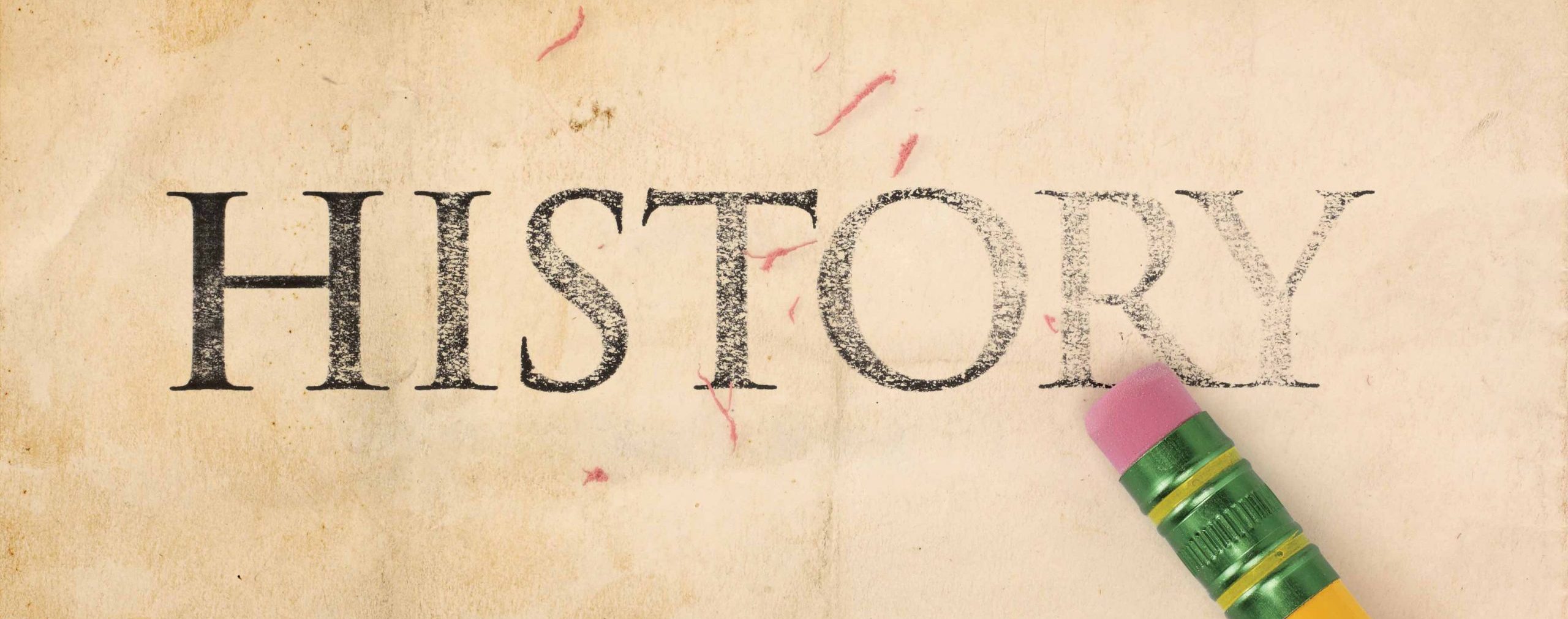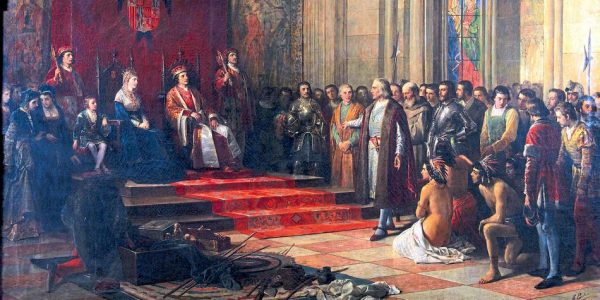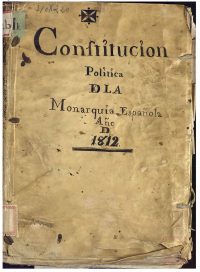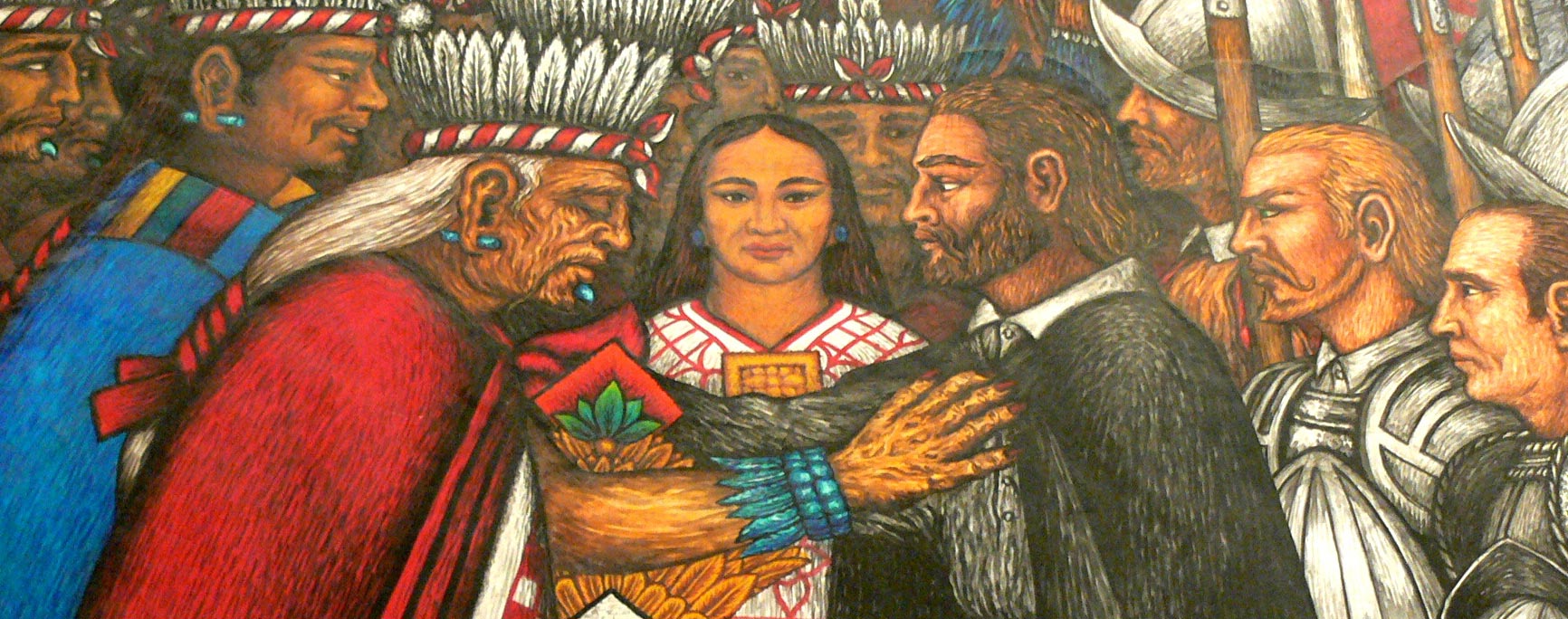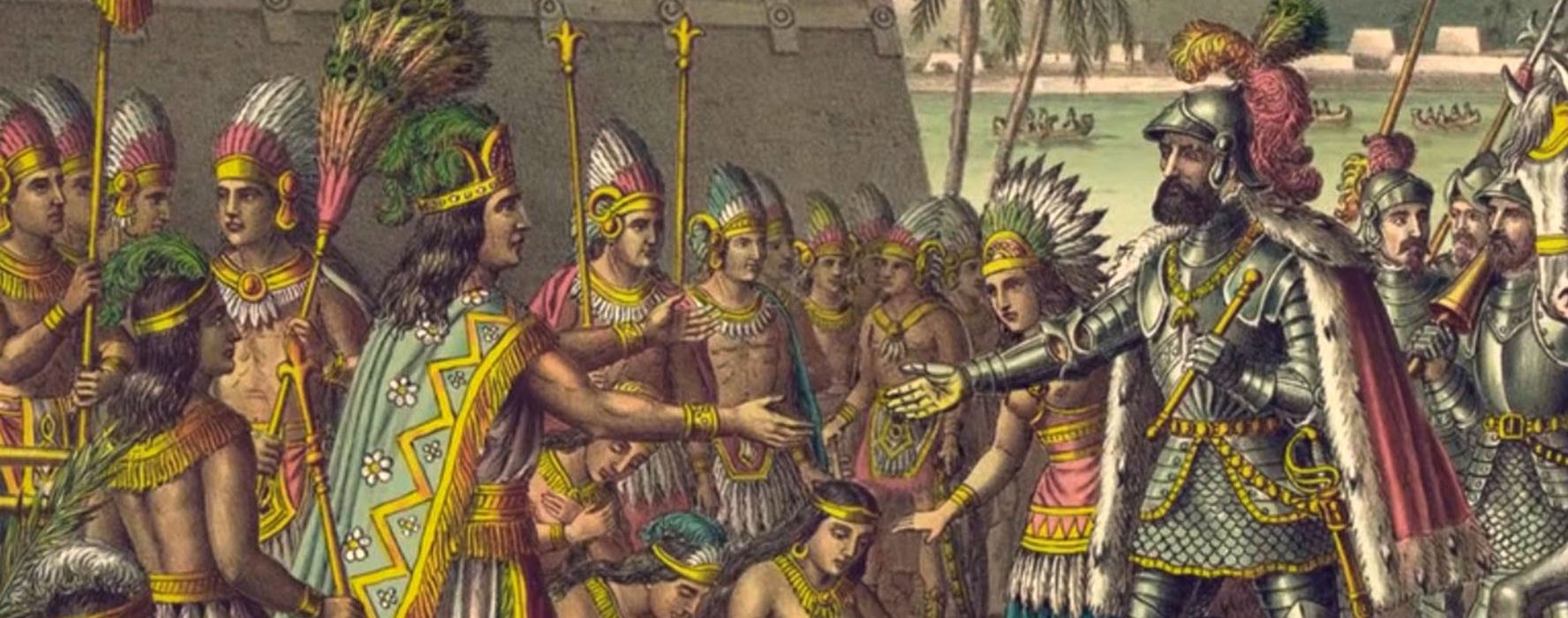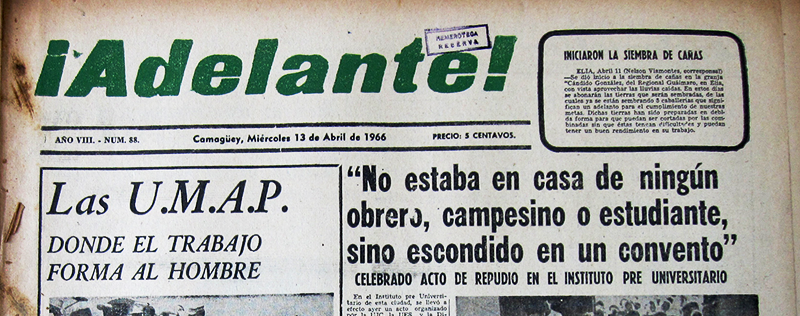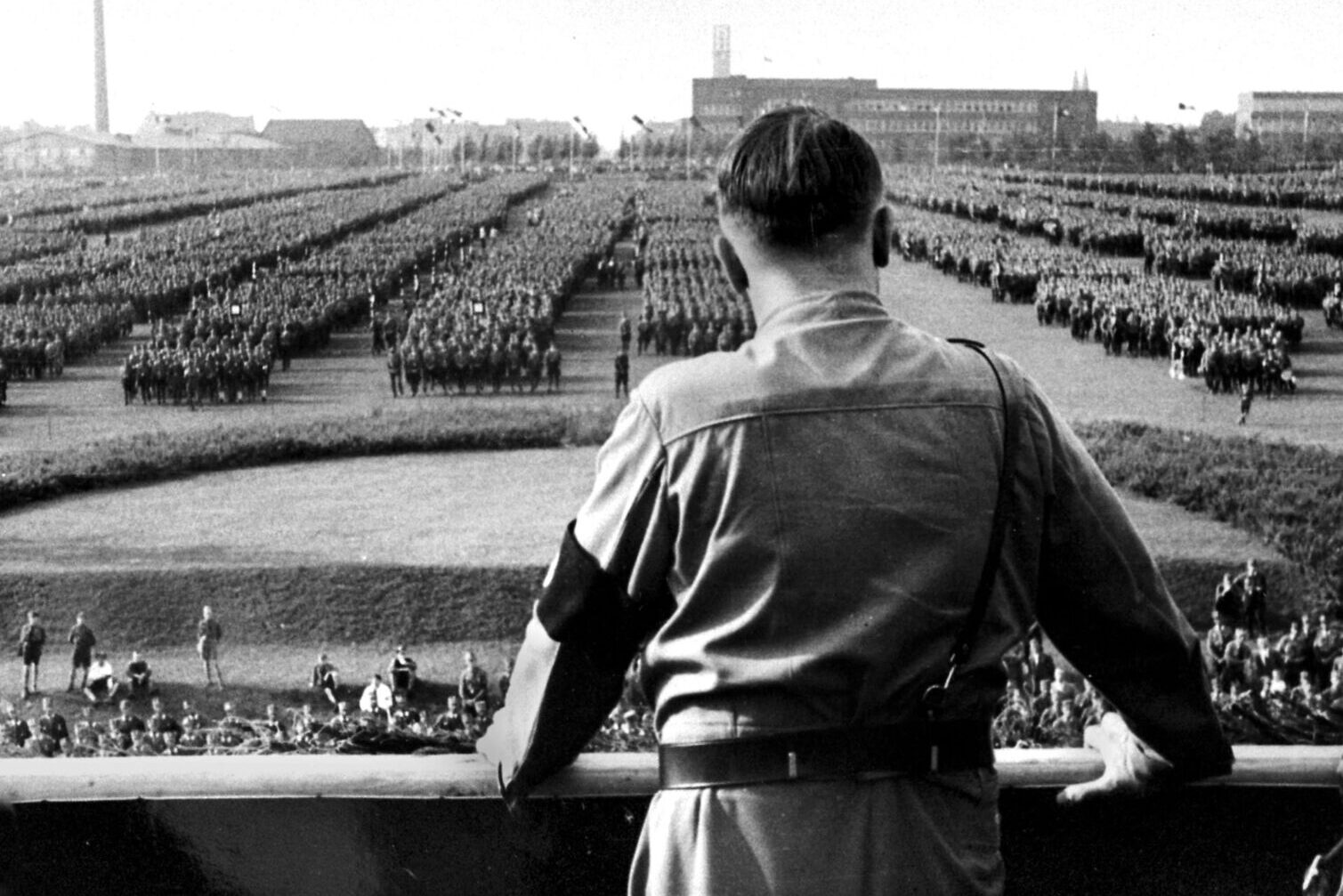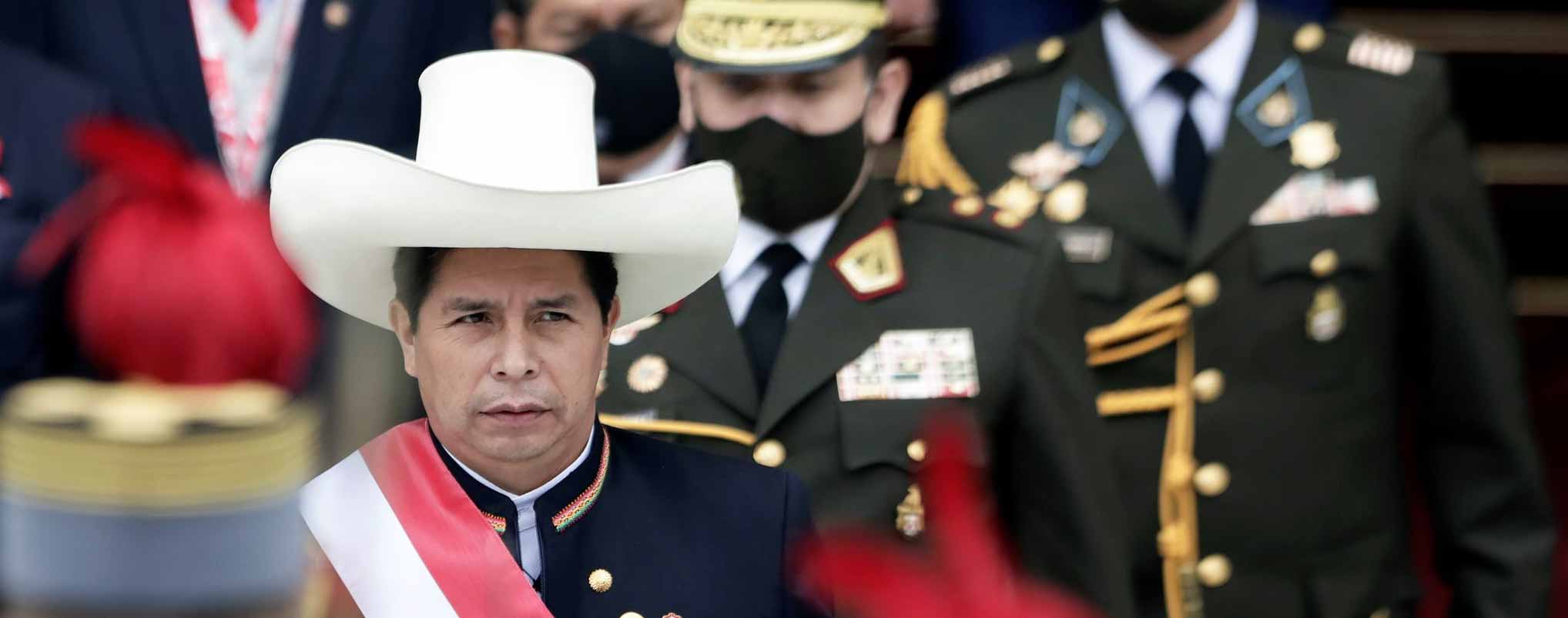Source:La Razón
The new subject in this field proposed by the Ministry [of Education] is more a political than an educational project.
In a society that pretends to be free, History is taught, not used as a wildcard for a partisan argument. Schools are there to instruct, not to be a training centre for judges of history who are given a sentence that has already been written. Teaching this subject, its processes, ideas and movements at an early age is not catechising for communion; that is, it is not preparing children for the act of citizenship. That is to confuse education with a civil religion. This is not the time of Rousseau, when a visionary government educated people to become the new Man in the new and perfect Society. Such authoritarian forms of political hubris should be over. Building citizens – a concept that would fit the Orwellian dystopia – is not about forging automatons that respond to ideological stimuli inculcated in compulsory education, but about teaching them to be free and creative people.
To be critical is not to be well indoctrinated and to react like Pavlov’s poor dog when the ideological bell rings, but to think for oneself, in freedom, outside official truth and imposed morality. School should not, therefore, be a factory of moral judges, but should accompany the formation of the individual as a person. In fact, at university we get students who know a lot about official morality and very little about history.
The draft of the Universal and Spanish History subjects prepared by the Ministry of Education for the Baccalaureate falls into the vice of the mind builder. It is true that it is very difficult to escape subjectivity when drawing up an educational plan, but it is nevertheless advisable for the legislator to understand that he is not only working for his own people, but for everyone and for the future. Perhaps the answer lies there, in the future. Max Adler, a 20th century Marxist, wrote that the key to socialist transformation lay in forging new generations in the public school and that it was therefore essential to control the teaching staff and the educational programme.
The progressive clichés into which the draft falls are as familiar as they are outdated. It begins by saying that the study of the past serves to understand the present and to face “the challenges of the 21st century”, because, it says, knowledge of history is as important as “civic engagement”. The way is to connect the past with the concerns of the immediate present, defined, of course, by the curriculum. The aim is for the student to have a historical argument with which to accompany the political solution to present-day problems. In this way, a presentist, anachronistic history is constructed, designed to be useful for a specific current political project. At school, the pupil will only learn about those events that are useful for explaining the current situation, which is self-interestedly marked by the government of the day. Not a single question more. Consequently, the draft insists on the convenience of moving away from the “more distant stages” of history. This, together with the selection of exemplary events of official morality and the omission of others, is intended to build an “active citizenship” that detects “risks and threats” to democracy. I think there is no better example of an authoritarian system applied to education.
The draft for the study of history also stresses the need for teachers to make students understand that inequality is one of the main problems. Who has made it possible to advance equality? Well, workers’ organisations and social movements through collective action. For the editor, there is no other agent of change in the history of mankind, which is a swindle to the pupil. The important thing is to transmit ideology, which is why he concludes that pupils must be inculcated with a “firm civic commitment” to achieve “social cohesion, solidarity, respect for diversity and the rights of minorities”.
“Social enmeshment”?
In this way, the individual disappears in this defence. Only collectives exist, which is why the draft orders that “the importance of alternative collective identities” be conveyed, which have put an end to the “traditional” ones despite their resistance. These are the ones that must be taught so that the pupil understands their “social framing” and their framework of “mobilisation”. All this, of course, in a society composed of social classes, which is a Marxist and antiquated vision of existence. Moreover, teachers must convey an idea of progress defined as “international social justice and sustainability of the planet”. Of course, injustice, the “climate emergency” and the subjugation of women are the fault of capitalism.
On the other hand, the History of Spain is addressed in the draft as the collection of the elements of “our democratic memory” up to the 1978 Constitution. The “focus of attention” should be, it says, to build “an informed and aware citizenry” that values its country’s democracy, “albeit critical of inequality and unfulfilled expectations”. We are thus faced with an ideological education with the excuse of transmitting historical knowledge and which is finalistic: everything since 1812 has been aimed at the current political system. It is a anti-actualist vision of Spain in which the country does not exist unless there is a contract that we call “Constitution”. Perhaps that is why the History prior to 1812, which gives meaning to our country, is scorned. It is good to remember that it is the people who build a Constitution, and not the other way round. In the same way, the draft orders that maximum importance be given to explaining the “reformist and democratising process” of the Second Republic, and the “anti-democratic reactions” that it provoked and which ended with a coup d’état. Contradictorily but tellingly, it goes on to say that the aim is for students to “form their own reasoned judgements” that reject the negative view of the Republic.
It was not a democracy
It is surprising that it is still claimed that that regime was a democracy. It did not turn out that way because of the wishes of those who built it, who saw republicanism as a way of bringing about the revolution that would put an end to traditional Spain. It was an imposition from one side that wanted to dictate and exclude anyone who did not think the same way. The dictatorial “Legal Statute of the Provisional Government” of 1931 and the violence against the [Catholic] Church unleashed in May of that year serve as examples. Intentions, let alone revanchism, do not legitimise revolutionary dictatorship, violence or the violation of human rights.
As for the “basic knowledge” that the subject of Spanish History must have, Roman and Visigothic Hispania, Al Andalus, the Reconquest, the peninsular kingdoms, the Catholic Monarchs and the Habsburgs are excluded. Nothing is said, then, about Carlos V or Felipe II, despite their importance in world history. The Bourbons are only taken into account in order to talk about centralisation and, therefore, to inculcate students with their errors in the recognition of the “plurality of identity of our country”.
Church and State, always in small letters in the draft, appear before the secularisation, anticlericalism and religious minorities. After the praise of the Second Republic comes the study of exile, a good dose of social and workers’ history, Franco’s repression, the “emptied Spain” (sic.), and the “struggle for the emancipation of women”. Everything should be aimed, not at a scientific knowledge of Spain’s past and the creation of free people, but at students knowing how to face the challenges of today’s world, such as material inequality and “multiple identities” from a progressive civic commitment. Tuñón de Lara would be satisfied.
Communism was totalitarianism
In the scandalous programme, the Ministry does not include communism among the totalitarianisms and authoritarianisms of the 20th century. The word is not even there when it talks about respect for human rights. It is used only once in 528 pages and that is to refer to the “establishment of communist states”. But the document does mention fascism and National Socialism, although it omits any reference to communism as a totalitarian and dictatorial ideology, the most genocidal in the history of humanity, an enemy of freedom and whose formula persists in some countries. This knowledge cannot be withheld from education. The left does not like communism to be labelled totalitarian. This is what the Marxist philosopher Zizek confesses, who advises the task of removing communist ideology and its deeds from any equating with National Socialism and placing it as a precursor of democracy and a fighter for social equality. Modernities, in short, that sound dangerous and very old.
Share this article
On This Day
No Events
History of Spain
26 August 2020
27 January 2021
Communism: Now and Then
23 December 2022
28 July 2021
